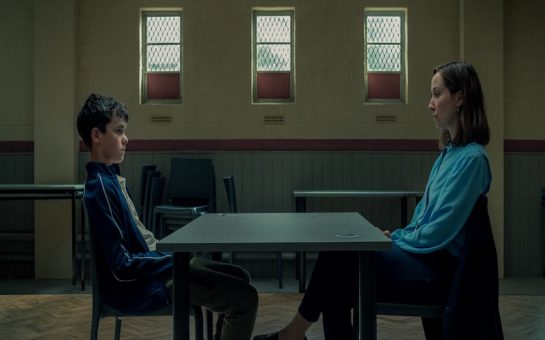The days of chivalry may be consigned to the history books but some might say Shasha Khan gallantly lives up to his reputation as a self-professed ‘Green Knight’.
May marks the seventh anniversary since Croydon North’s Green Party candidate marched into legal battle to halt Sutton Council building a £1 billion incinerator near Croydon — a potentially major health risk to residents across south west London.
Despite vast personal expense, numerous peaceful demonstrations and a legion of support, time may have come for Khan to finally put down his sword.
Since appealing to the justice system over the legality of developing on the Beddington Farmlands site, a judicial review in the High Court, a written submission to the Court of Appeal and, most recently, an oral hearing at the Royal Court of Justice on April 28 have all been thrown out.
Unless allegations of corruption within Sutton Council can be substantiated, the only option left would be an appeal to the European Court of Human Rights. For now, at least, it seems any hope of a legal defence is over.
Khan may take some solace in having delayed the project several years but he remains defiant that the chosen area is protected land, primed for transformation into a fledgling regional park by 2023.
A Felnex development of ‘Eco-homes’, powered by waste heat from the incinerator, has qualified as sufficient special circumstances to utilise the green belt land and destroy wetland habitat.
Any true environmentalist would baulk at the idea of the residences being environmentally friendly, Khan affirms.
“It is almost inconceivable that housing marketed as being the flagship of Sustainable Hackbridge, the UK’s first sustainable suburb, will be desirable to potential homeowners once they realise that their own recyclables are being incinerated in a development just across the road,” he said.
The matter runs far deeper than concerns for the protected status of the area, two miles from Croydon town centre.
Campaign group Stop The Incinerator have zealously warned of what they deem as risks that council and private building contractor, Viridor, are choosing to make at the expense of residents but their fears have fallen on deaf ears.
With the publication of a government-commissioned report into the threat of incinerators delayed until later this year the environmental group has been forced to make a stand.
Campaigner, Craig Nichols said: “Everybody knows that burning plastic is highly toxic. That’s relatively common knowledge.
“But what most people don’t realise is just how ‘dirty’ this form of waste disposal is.”
Dioxins are perhaps the most notable fear. Waste incinerators are the worst culprits for the release of this chemical compound, which can cause reproductive and developmental problems, damage the immune system and interfere with hormones.
Most shocking of all is collected evidence linking increased infant mortality and baby deformity to residents downwind of incinerators, due to higher long-term exposure to pollutants such as dioxin.
“It’s worrying because if we build a big incinerator like the south west London one, we are locked into doing things a certain way for the length of the 25-year contract.”
Mr Nichol, 49, along with many other campaigners against incineration, believe that this problem starts with the wrong type of packaging even before it is disposed.
“There seems to be an assumption that consumers want disposable packaging, rather than marketing products on how long they will last,” Mr Nichols said.
Shasha Khan agreed with his fellow campaigner.
He added: “It’s a battle within a battle at the moment. Commercial gain is outweighing social and environmental issues. It goes back to the old saying, ‘profit before people’.”
The question remains why it is only activists combatting the apparent issues within the waste packaging and disposal industries but Prince Charles’ endorsement for a better, cleaner solution marks what could be a prominent step forward.
It may be too late to halt plans for the Croydon incinerator, however.
Asked why he thought more people didn’t get behind behind the campaign, Mr Khan sympathised with residents of the affected areas.
“The area downwind [of the incinerator] is a comparatively poorer area. They’re more concerned with putting dinner on the table and paying their mortgage than how plastic waste disposal might impact they’re lives.
“I can’t blame them for the fact they don’t know the whole details or that it just isn’t a priority.”
The London Borough of Sutton said in a statement: “The court’s decision confirms that the planning decision making process was followed correctly by Sutton Council in its role as the local planning authority.
“We will ensure that the development of the Energy Recovery Facility by Viridor is undertaken in accordance with the planning permission.”
Speaking after the High Court ruling a spokesman for Viridor, which would operate the incinerator said the company was pleased with the ruling.
Robert Ryan, head of development projects, said: “We are pleased with today’s outcome which removes the final obstacle for the delivery of a much-needed, long-term alternative solution to landfill disposal of residual waste arising from south London homes and businesses.
“We can now engage with our construction partners to start the necessary final design and preparation works for construction to begin later this summer.”




